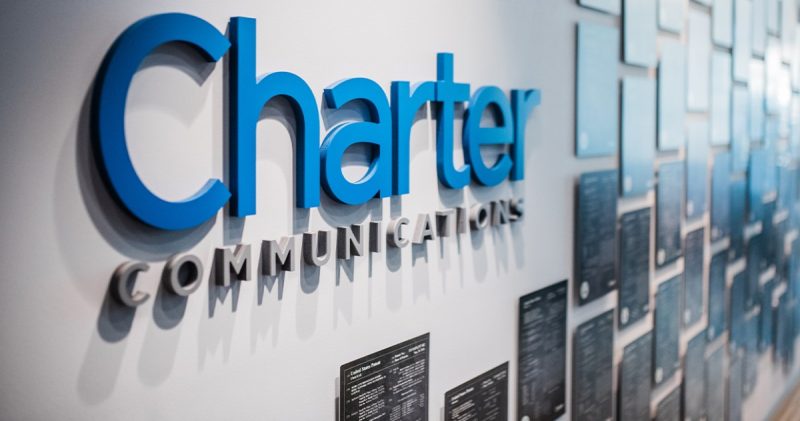
Charter Communications and Cox Communications, two major players in the cable and internet industry, have announced a staggering $34.5 billion merger. This deal will create a telecom behemoth, prompting questions about its impact on consumers and the competitive landscape.
The merger comes at a time when traditional cable companies are facing increasing pressure from streaming services like Netflix and the rise of sports-focused streaming packages from companies such as Comcast, DirecTV, Fox, and the soon-to-launch ESPN standalone service. Both Charter, with 31.5 million customers, and Cox, boasting 6.5 million, are seeking to bolster their position against these emerging competitors and other broadband providers offering their own internet plans.
The combined entity will operate under the Cox name within a year of the deal’s closure, with Spectrum becoming the consumer-facing brand. Cox customers can expect to benefit from Charter’s pricing structure, characterized by transparency, no annual contracts, and credits for outages exceeding two hours. The companies intend to continue offering their existing services, including TV, internet, and mobile.
However, the merger’s success hinges on securing approval from Federal Communications Chair Brendan Carr. Carr has previously indicated that his agency is less likely to approve mergers involving companies with robust diversity, equity, and inclusion (DEI) policies, adding a layer of uncertainty to the process.
Charter CEO Chris Winfrey expressed optimism about the merger, stating that it will enhance their capacity for innovation and allow them to offer competitive products with excellent customer service. He also highlighted the potential for job creation in the US, contrasting it with offshoring practices. The timeline for the deal’s closure remains undisclosed.
This merger represents a significant shift in the telecom industry, raising questions about potential price changes, service quality, and the future of competition. It will be crucial to monitor the regulatory process and the long-term effects on consumers as this massive consolidation unfolds.










